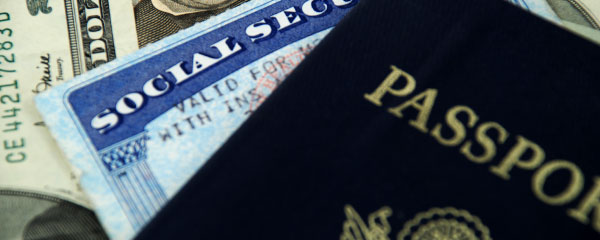Every so often, I read an article predicting that the US and other major countries are about to force nations that offer “citizenship by investment programs” (CIPs) to shut them down.
Of course, the authors of these articles tend to also be promoters of one or another such program. They have a vested interest in getting as many boots through the front door as possible. And as we all know, fear is a fantastic motivator.
Anything’s possible, I suppose, but the fact is that, far from being shut down, these programs are proliferating. If the powers-that-be want them to end, they’re not doing a very good job.
Indeed, the roll call of countries with CIPs – which offer the possibility of acquiring both citizenship and a passport in only a few months in exchange for a six-figure (or higher) contribution or investment – is longer than it’s ever been. Members of the CIP club now include:
- Antigua & Barbuda
- Cyprus
- Dominica
- Grenada
- Malta
- St. Kitts & Nevis.
Other countries, including the Bahamas and St. Vincent & the Grenadines, are also considering CIPs.
This really should come as no surprise. It’s certainly true that the US, Canada, and the EU don’t like these programs, but there’s really not much they can do about them. Many countries with CIPs are up to their eyeballs in debt, and these programs promise to help balance the books. And now that even the International Monetary Fund (IMF) has implicitly blessed CIPs in financial restructurings in nations as diverse as St. Kitts & Nevis and Cyprus, it looks as if they’re here to stay.
St. Kitts & Nevis is a case in point. In 2009, in the depths of the global financial crisis, the country had a crushing national debt. Its debt-to-GDP ratio was 185% – one of the highest in the world.
Over the next few years, the government took measures to restructure its finances. In 2012, international banks reluctantly accepted a restructuring package on $150 million of St. Kitts & Nevis’ outstanding debt. Bondholders took a 50% haircut and had maturities extended to as long as 45 years. Crucially, the IMF signed off on the plan.
Parliament also imposed a 17% VAT in 2010. And the government increased the minimum contribution in its CIP to US$250,000.
The results have been outstanding. Of course, the recovery of the global economy helped, but St. Kitts & Nevis’ debt-to-GDP ratio has now declined to 81%. That’s still too high, but the ratio continues to decline, and the government appears to be on track to achieve its goal of reducing the ratio to 20% by 2017.
But that’s not to say CIPs come without costs. Once again, St. Kitts & Nevis is an example. In November 2014, Canada imposed visa requirements on citizens of St. Kitts & Nevis. It cited “identity management practices within its Citizenship by Investment program” as the reason for ending visa-free travel to Canada by St. Kitts & Nevis passport holders.
The announcement didn’t describe the “identity management practices” with which it was concerned, but it seems safe to assume that one practice that Canada deemed objectionable was that, since 2012, St. Kitts & Nevis has issued passports that don’t display the passport-holder’s place of birth. Nor do the passports show any legal name changes.
That seems a safe assumption, because only days after Canada imposed visa restrictions, the St. Kitts & Nevis government recalled all passports issued between January 2012 and July 2014. The passports will be reissued to add the place of birth of the passport holder and to list any name changes on the observation page. After January 31, 2015, the old passports will be invalid.
While the government has downplayed the issue, the restrictions don’t apply to just a few thousand individuals who have gone through the St. Kitts & Nevis CIP. They affect all St. Kitts & Nevis passport holders. As such, the restrictions – and the CIP itself – are likely to become important political issues.
One thing, though, is certain. We live in a world where governments impose increasingly stringent travel restrictions through visa requirements. Governments justify visa restrictions to fight terrorism, protect the local labor market, preserve public health, etc.
At the same time, global debt levels have never been higher. Is it any wonder that some countries have decided to offer a product that costs them virtually nothing to provide – citizenship and a passport – to individuals who make the requisite investment or contribution?
Mark Nestmann
Nestmann.com



